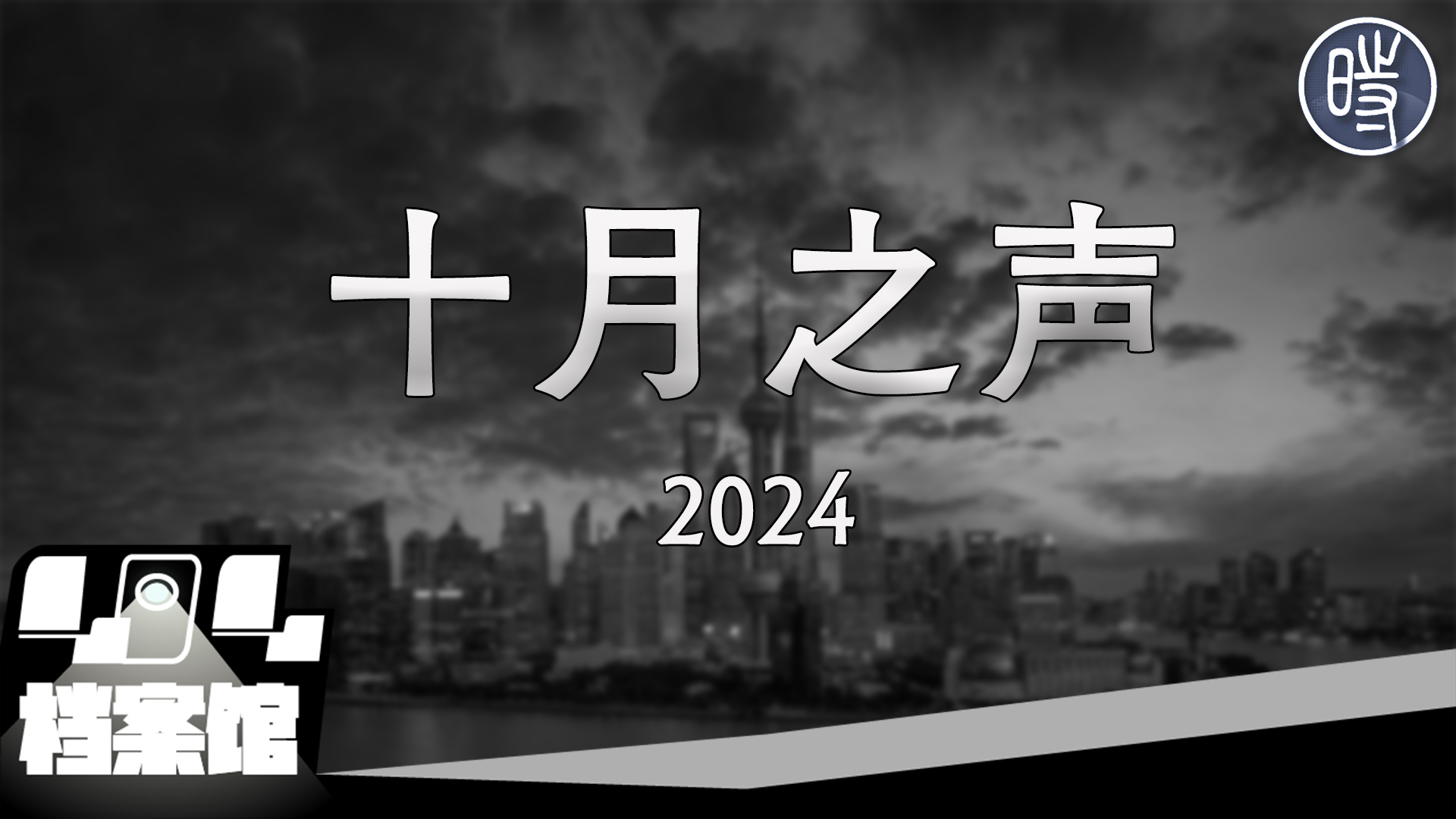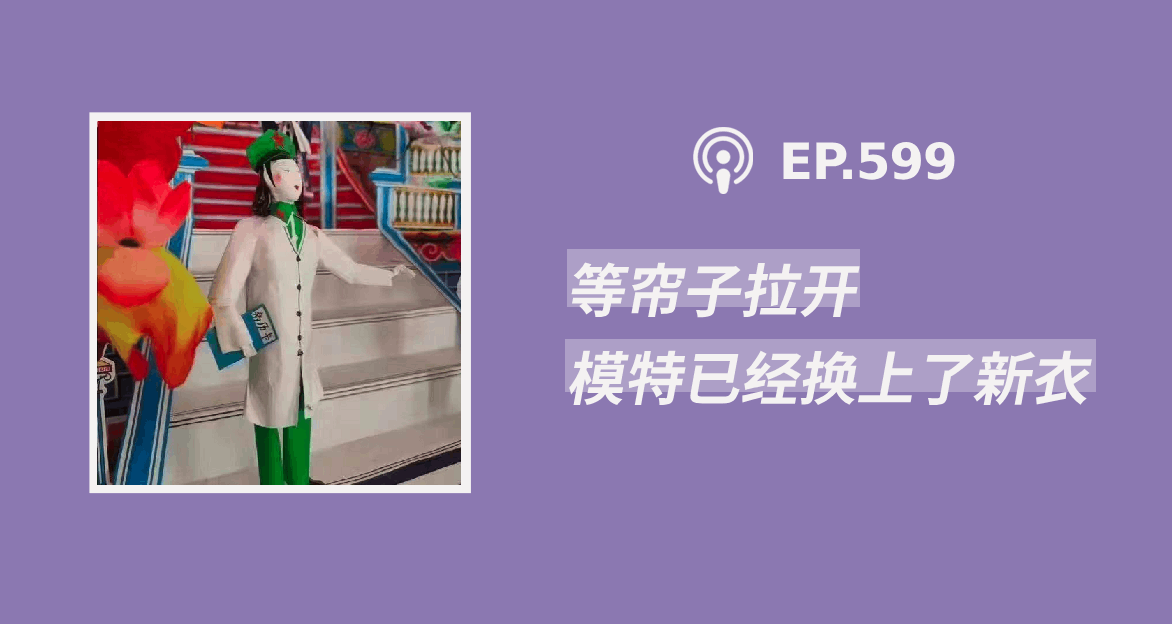China’s ‘red culture’ revival unwelcome reminder to some
The 90th anniversary of the Communist Party of China is July 1, and the nation is being swept up in a wave of orchestrated revolutionary nostalgia.
The Washington Post
Originally published Tuesday, June 28, 2011
CHONGQING, China —
With the approach of the 90th anniversary of the founding of the Communist Party of China on July 1, the country is being swept up in a wave of orchestrated revolutionary nostalgia. Nowhere is that more so than in Chongqing, this southwestern Chinese mega-city of 32 million people that has become the capital of the “red culture” revival.
The local satellite television station recently stopped broadcasting sitcoms and now shows on ly “revolutionary” programs and news. Government workers and students have been told to spend time working in the countryside. The local propaganda department launched a “red Twitter” micro-blogging site, blasting out short patriotic slogans.
And in what seems like a throwback to the days of the Cultural Revolution, residents have been encouraged — or told — to read revolutionary books and poetry and to gather regularly in parks to sing old songs extolling the Communist revolution. A recent Sunday gathering, including a colorful, choreographed stage pageant, attracted an estimated 10,000 flag-waving people, many in uniforms and red caps and mostly organized by the party chiefs in their schools and factories.
The red culture campaign revival is the pet project of the local Communist Party secretary, Bo Xilai, a former commerce minister and son of Bo Yibo, a Mao Zedong contemporary who was persecuted during the Cultural Revolution. In 2007, Bo was appointed to the top job in Chongqing, a sprawling provincial-size city of almost 32,000 square miles — about the size of South Carolina — that before 1949 served as the wartime capital for the anti-Communist Nationalist regime.
In a rare, brief interview with foreign reporters, on the sidelines of a conference dedicated to attracting overseas investment to Chongqing, Bo defended the red culture campaign, saying, “We aim to encourage people’s spirits.”
Bo said his campaign has four aspects: reading Chinese and foreign classics, including the theories of Mao and other Marxist leaders; telling popular stories; circulating inspiring mottos (such as “Serve the people with a full heart!”); and group-singing of revolutionary anthems. “We should spread these things more,” Bo said.
Many here, including Communist Party adherents, agree that this revival of revolutionary fervor is needed to instill a new sense of pride and common purpose, adding they feared that China’s decades-long rush to get rich has eroded the country’s moral bearings and created an ethos of unchecked materialism.
“When I sing red songs, I find a kind of spirit I never felt when singing modern songs,” said Zhang Chenxi, a third-year student at Southwest University here. “To surround yourself with material stuff is just a waste of time.”
For others, particularly those old enough to remember the bloodshed and chaos of the decadelong Cultural Revolution that began in 1966, the red culture campaign is an unwelcome reminder of on e of the darker chapters of China’s recent turbulent history. The Cultural Revolution played out particularly violently in Chongqing, with clashes in the streets involving knives, heavy weapons and tanks.
“For people of my generation, it’s like a return to the Mao era,” said a 57-year-old lawyer who had attended a middle school in Chongqing and asked not to be quoted by name speaking critically about Bo.
“I saw the beatings of the teachers by the Red Guards. It was horrible,” the lawyer said. “Young people may not recognize it. But for us who lived through it, how can we possibly sing?”
In June, Bo took his efforts to Beijing, with a 1,000-member Chongqing singing troupe, including small children and the elderly, performing red songs for audiences at several concert halls. Most senior party officials stayed away, but midlevel officials were in the audience.
Some critics said they were rattled by this apparent revival of Maoism and red culture, which seems to be gaining traction nationwide.
“To not forget history, we also have to remember the crimes committed during the Cultural Revolution, how they trampled on human rights, how Mao put all his colleagues who had been with him in the revolution in jail,” said legal scholar He Weifang in Beijing, who studied in Chongqing. “We cannot simply remember the beautiful parts of the history.”
Bo’s red culture campaign has been accompanied by a parallel effort to rid the city of Mafia-style organized crime. Called “Strike Hard,” the anti-crime campaign was aimed at rooting out Chongqing’s notorious criminal gangs, or triads, which blossomed over the years because of the city’s strategic location where the Jialing River meets the upper Yangtze River, creating a lucrative smuggling route.
Many here and in Beijing said the anti-crime sweep, like the red culture campaign, might be related to Bo’s national ambitions, including his desire to win a seat next year on the Communist Party’s powerful nine-member Politburo standing committee. Many analysts called Bo a likely candidate to replace Zhou Yongkang, who oversees the domestic security apparatus and will be retiring.
The “Chongqing model,” as it has been called in the local media, seemed to win an endorsement from the top when China’s leader-in-waiting, Vice President Xi Jinping, made a brief visit in December and applauded the city for “upholding socialist norms.” Other senior leaders have also traveled here to show their backing.
But Bo, in the interview, said he was not focused on creating a national model. “I study the problems of the place where I work,” he said. “So right now, I am just focused on the problems of Chongqing.”
本文由自动聚合程序取自网络,内容和观点不代表数字时代立场











